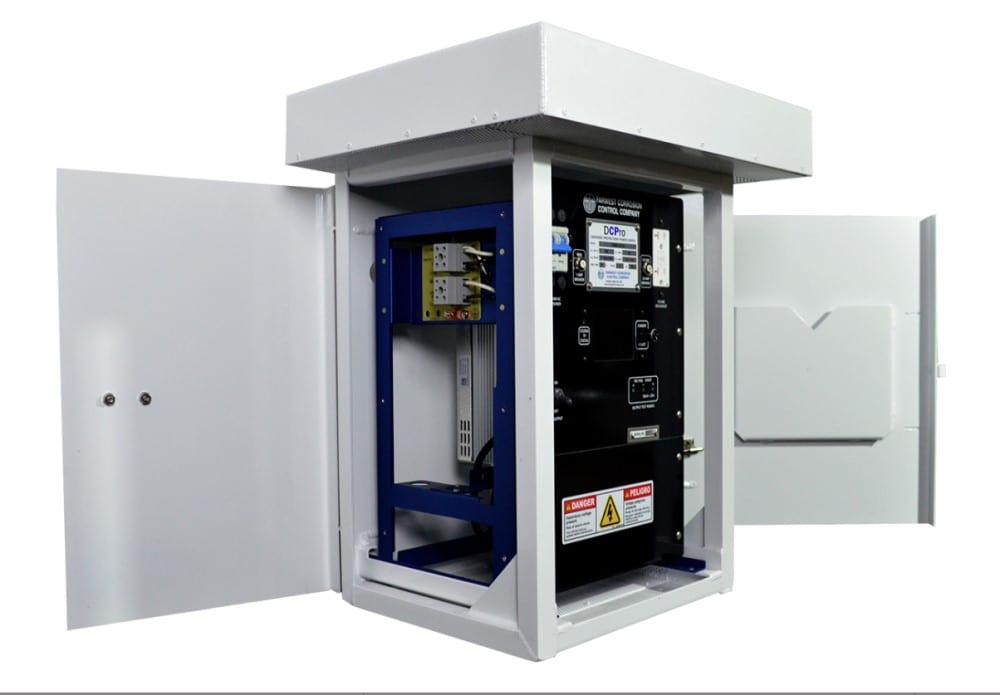Course Details
Your Growth, Our Mission

Course Description
The Training Course Will Highlight ?
Training Objective
Target Audience
Corrosion Control Engineers & Personnel, Process Engineers, Metallurgists, Inspection Personnel, Mechanical Engineers, Material Selection Personnel, Plant Contractors, Operations Engineers, Team Leaders & Supervisors, Maintenance Engineers, Maintenance Supervisors, Senior Plant Supervisors, Mechanical Engineers, Corrosion Control & Monitoring Systems Personnel, Equipment Engineers, Maintenance Engineers and Planners, Team Leaders, Managers & Coordinators, Construction Coordinators, Technologists, Safety Officers, Maintenance Team Leaders & Engineers, Design Engineers, Service Company Representatives, Oil and Gas Production Facilities Personnel, Chemists, Chemical Engineers, Inspectors and Inspection Engineers & Supervisors, Technicians and Supervisors, Environmental Specialists, New Petroleum Engineers, Asset Management Personnel, Construction Engineers, Refinery Chemists, Chemical Engineers, Personnel who are / will be responsible for detecting, inspecting, monitoring, controlling corrosion in oil and gas piping, pipelines used in production operations and Personnel responsible for metallurgy, corrosion or the prevention of failures in plant and equipment.
Training Methods
Daily Agenda
- Fundamentals of metallurgy
- Material selection
- Material/fluid compatibility
- topside/ subsea materials
- Fundamentals of corrosion
- Electrochemical reaction/ series
- Types of corrosion
- General or uniform corrosion
- Localized corrosion
- Galvanic corrosion
- Pitting corrosion
- Crevice corrosion
- HISC
- Corrosion control and prevention methods
- Inhibitors
- Selection and testing of inhibitors
- Inhibitor availability & inhibitor efficiency
- Introduction to cathodic protection (CP)
- Principles of cathodic protection
- Criteria for cathodic protection
- Impressed versus sacrificial
- Sacrificial anode cathodic protection (SACP)
- Requirements for SACP
- Anode materials
- Impressed current cathodic protection (ICCP)
- ICCP anodes
- Power sources
- Electrical connections
- Cathodic protection system design
- Anode resistances
- Coating breakdown factor
- Current densities
- Effect of temperature on CP design
- Review of DNV RP B401
- CP design calculations
- Cathodic disbonding and blistering
- Corrosion monitoring and management
- CP and concrete
- Cathodic protection of steel in concrete
- Ground bed design
- Current drain test
- Sacrificial anode system in soil
- Calcareous films
- Underground pipelines
- Cathodic protection of underground pipelines
- Potential decay along pipeline
- CP marine platforms
- Reference potential devices
- CP potential distribution
- Current interrupters
- Test rectifiers
- Holiday detectors
- Stray current corrosion and prevention methods
- Sources of stray current
- Effects of stray current on metallic structures
- Mitigation of interference effects
- Coating selection
- Pipeline coatings
- Characteristics of pipeline coatings
- Types of pipeline coatings
- Specification and inspection
- Coating failures
- Field joint coatings and applications
- Factory- applied vs. field- applied
- Cathodic protection and coatings
- Pipeline inspection: survey methods and evaluation techniques
- Overview of NACE standard on pipeline external corrosion direct assessment methodology
- Long range ultrasonic testing (LRUT)
- Advantages and limitations of LRUT
- Conventional UT vs. LRUT
- Introduction to CPCM technology
- Conventional current measuring methods vs. CPCM
Accreditation
BTS attendance certificate will be issued to all attendees completing minimum of 75% of the total course duration.
Quick Enquiry
Request Info
Related Courses
Your Growth, Our Mission

